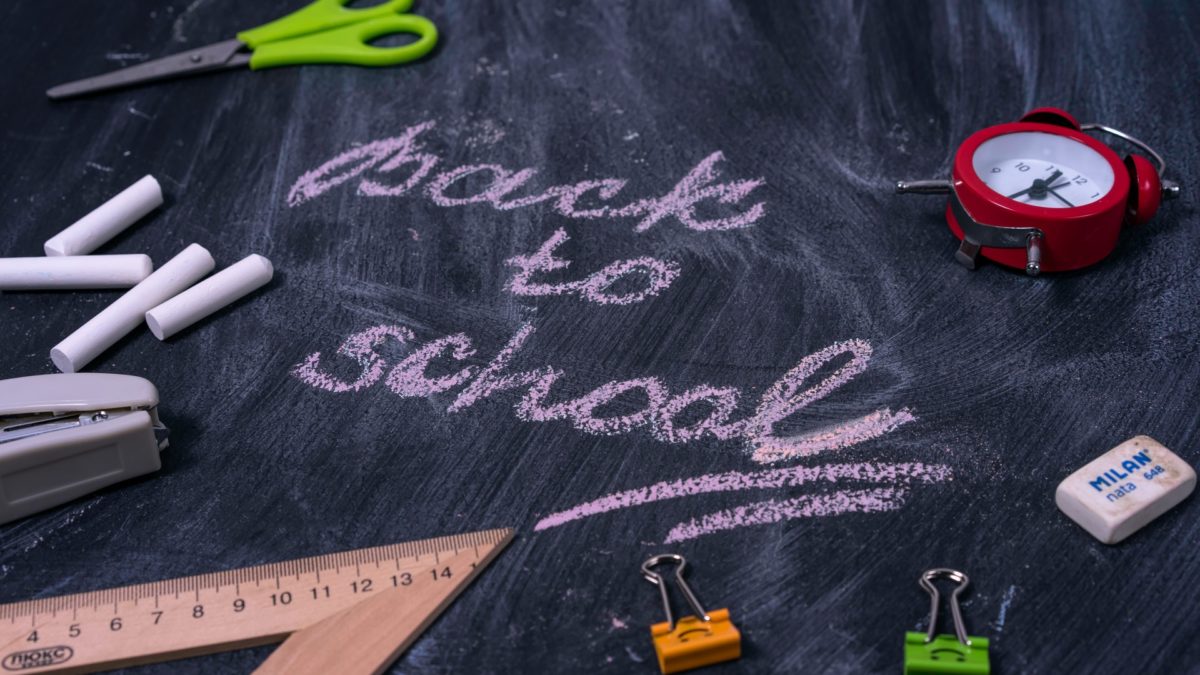Worried as your child undergoes the big change of returning to school? Here are 4 helpful tips for coming back to primary school.
4 helpful tips for coming back to primary school
With school holidays almost over, here are 4 helpful tips and tricks to help your child transition back to school.
1. Pay attention to your child’s mental health
Some children may feel nervous. Other kids however, are nothing but excited. Some might feel anxiety and fear, while others won’t have a care in the world.
Have chats to learn more about your child’s feelings. Make sure to do this regularly as things can change from week to week, or even day to day.
When having these conversations, try not to anticipate what your child is going to say or put words in their mouth. Instead, keep an open mind and ask about how they feel with a genuine intention of understanding their point of view. Avoid trying to push your own agenda about how they should or could be feeling.
2. Encourage them to communicate with their friends
Quite often, kids don’t want to open up to their parents, especially older children moving into their teenage years. Depending on your child’s age, it can be helpful to encourage communication between your child’s friends instead. After a hard few years, coupled with long stretches without seeing their classmates in person, building those friendships back up is absolutely critical.
What types of friends should your child avoid? Resident psychologist Collett Smart discusses toxic friendships in the video below.
Encourage your child to check in on their friends, which can make all the difference in the world to any child who might be feeling isolated or alone. “Checking in” is a skill that many fail to master, or avoid, out of sheer lack of confidence.
Children should be encouraged to communicate with each other without the aid of technology, especially after the past few years of digital-first contact. Sports, music and drama are all great places for children to emotionally and physically reconnect.
Check with your child’s school if they have programs where older students “mentor” younger children. Such programs can help with a whole range of issues. Often, the older students have already experienced many of the challenges that the young ones are facing, and have the emotional maturity to engage in open, honest conversations with them.
At Waverley, we put an emphasis on such interaction through our Big Brother/Little Brother program and our vertical wellbeing groups—getting older students to communicate and befriend the younger ones.
3. Practice mindfulness
With so many other concerns around going back to school, it’s a good idea to teach your child some mindful breathing exercises. Here are two you can try with your child:
Box breathing
Breath in for four seconds, hold for four, breath out for four and hold for four.
Try this technique if your child is feeling particularly anxious about returning to school and continue for as many “boxes” as it takes for them to feel calm.
5-4-3-2-1 method
Get your child to name:
- 5 things they can see
- 4 things they can touch
- 3 things they can hear
- 2 things they can smell
- 1 thing they can taste
This is great for children who often have a lot of busy thoughts in their mind, as it is grounding, keeps them present in the moment and gives them something to think about that doesn’t involve school work or other issues.
4. Keep a calm space at home
Your child is headed back to school, but home is still going to remain a key place for studying. That’s why it can be beneficial for children to have their own calm, quiet space to study—a safe place where they can get some peace after a busy school day.
A calm, comfortable space will also help your child study more effectively, although there’s no denying this can be difficult to achieve. At the very least, they should have a clear, tidy desk with a light and a comfortable chair.
How helpful was this article?
Click on a star to rate it!
4.8 / 5. 4
Be the first to rate this post!
Gabrielle Smith
Related posts
Subscribe
Receive personalised articles from experts and wellness inspiration weekly!

